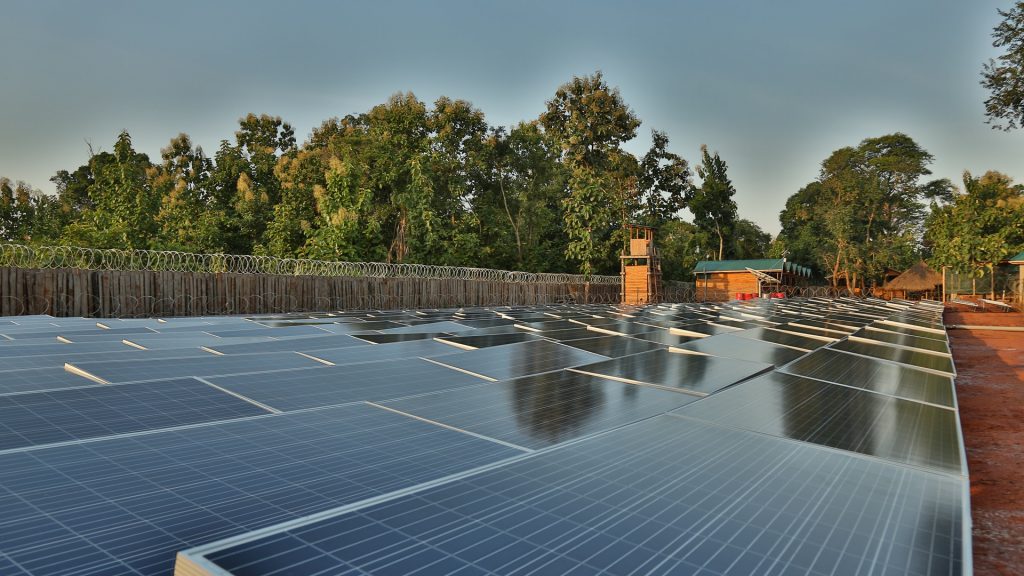The Guinean government and Avaada Power officials signed on April 17, 2018, a Memorandum of Understanding that covers feasibility studies for the construction of several solar power plants with a total capacity of 225 MW. The signing of this agreement comes at the end of 5 days of exploration where a delegation of Avaada Power, composed of its president and the head of the engineering department, visited the various sites envisaged, together with the Minister of Energy and Hydraulics, Lansana Keita. “On the basis of these visits, we confirmed that we could take charge of the implementation of projects with a combined capacity of 225 MW, provided that the Ministry of Energy and Hydraulics, via EDG (Électricité de Guinée, E’s N), makes arrangements to be able to connect, distribute and consume the electricity generated by these solar projects, well before the commissioning,” says the president of the Indian company.
Nine projects identified for a total capacity of 225 MW
Avaada Power engineers intend to build solar power plants at the following sites: Boke (15 MW); Labe (60 MW); Mamou (10 MW); Dabola (10 MW); Pita (10 MW); Sougueta (85 MW); Kankan (20 MW); Siguiri (10 MW); and Mandiana (5 MW). The presentation of the feasibility study, including a financial, technical and environmental component, will take place within 4 to 5 months, on which date a power purchase agreement will be signed by the Guinean State with the Indian company. Avaada Power says it can produce the expected total capacity within 18 months from that date.
This project, which should enable Guinea to provide electricity 24 hours a day in Conakry and the country’s main cities, will probably be financed within the framework of a public-private partnership (PPP) in accordance with the National Economic and Social Development Plan (PNDES), which provides for financing 38.2% of investments through PPPs, for which a framework law was passed in July 2017. An arrangement that makes it possible to move forward at high speed, by delegating a public service mission to a private company, by shifting all the financial risks to the community.
Boris Ngounou
